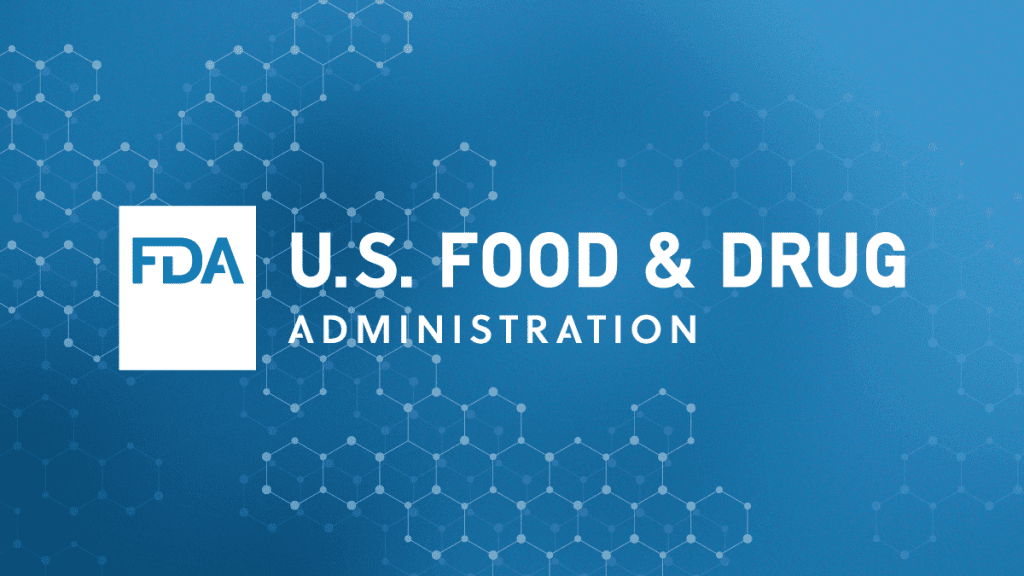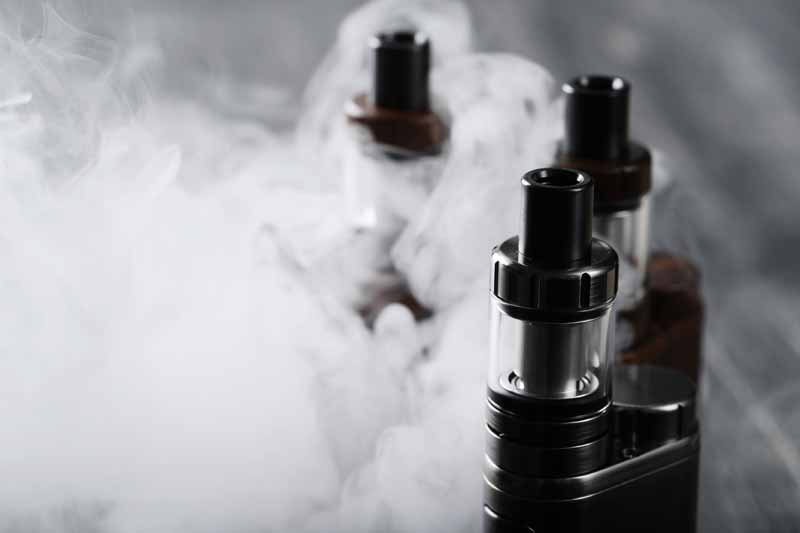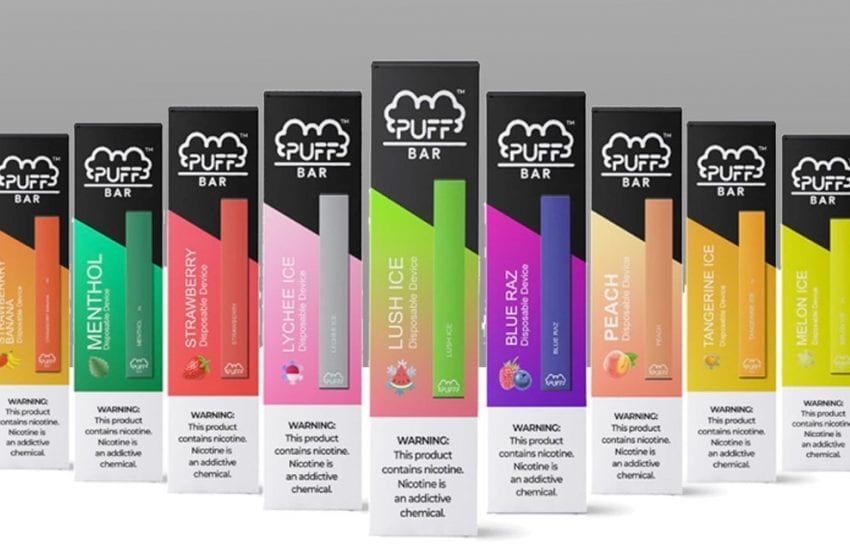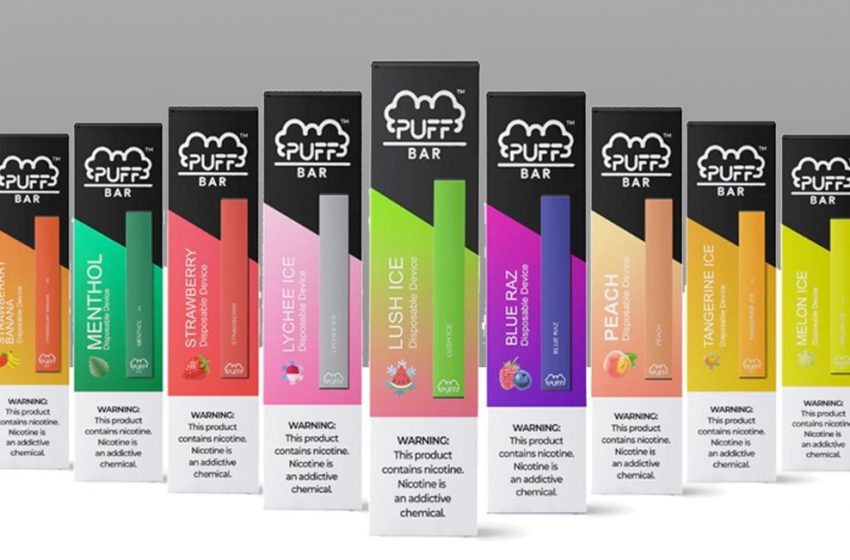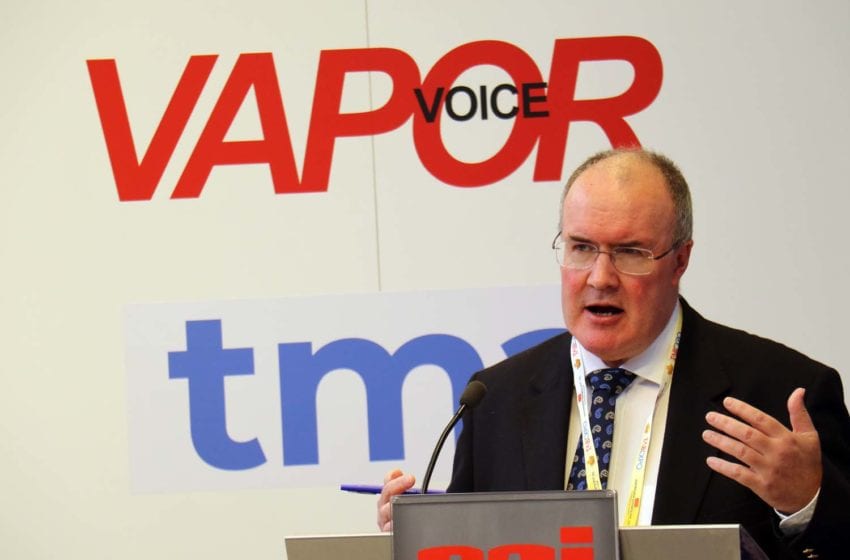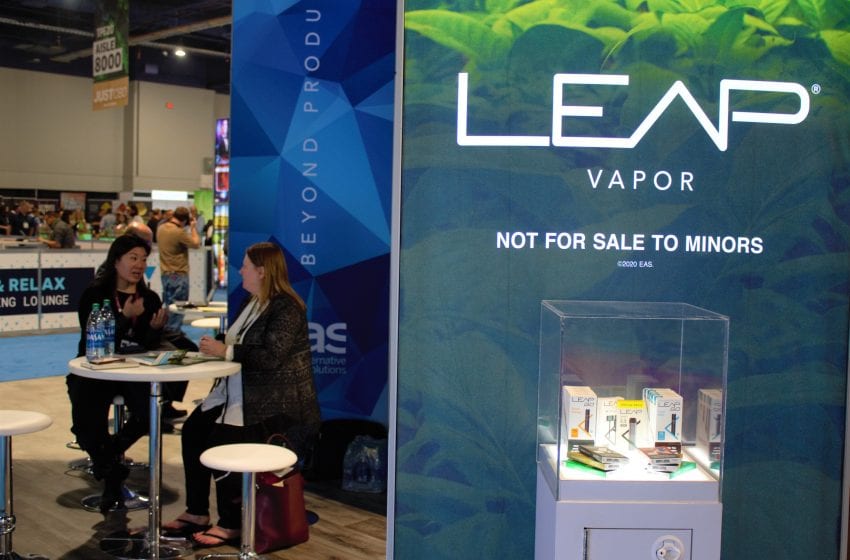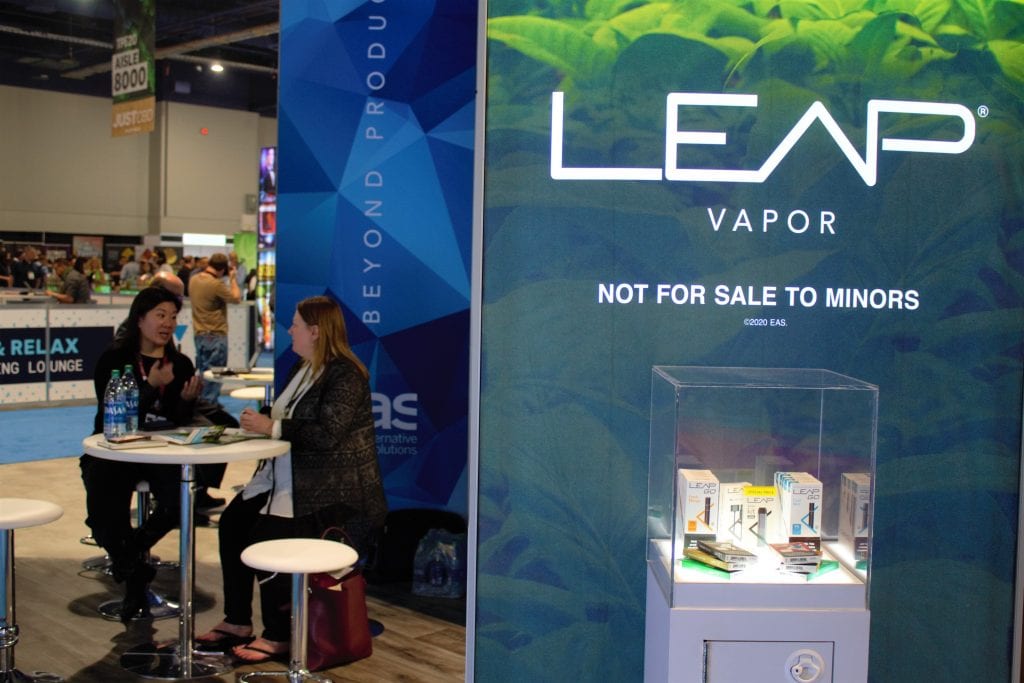The U.S. Food and Drug Administration (FDA) has issued warning letters to 10 companies, including Puff Bar parent Cool Clouds Distribution, asking for the removal of flavored disposable e-cigarettes from the market. The FDA cites youth-appeal and a lack of a required premarket authorization.
“These new actions are part of the FDA’s ongoing, aggressive effort to act against illegally marketed tobacco products amid the public health crisis of youth e-cigarette use in America,” said FDA Commissioner Stephen Hahn. “The agency is particularly concerned about the appeal of flavored, disposable e-cigarettes to youth and continues to monitor all available data.”
Three firms are receiving warning letters for illegally marketing disposable e-cigarettes—Puff Bar, HQD Tech USA LLC and Myle Vape Inc. The FDA’s review of the companies’ websites revealed that each firm is selling or distributing unauthorized tobacco products that were first introduced or modified after Aug. 8, 2016—the effective date of the deeming rule that extended the FDA’s authority to all tobacco products.
“Despite suspending in-person inspection activities—such as retail compliance checks and vape shop inspections—due to the COVID-19 pandemic, our enforcement against unauthorized e-cigarette products has endured,” said Mitch Zeller, J.D., director of the FDA’s Center for Tobacco Products. “These warning letters are the result of ongoing internet monitoring for violations of tobacco laws and regulations.”
Any new tobacco product not in compliance with the premarket requirements of the Federal Food, Drug and Cosmetic Act (FD&C Act) is adulterated and misbranded and may not be marketed without FDA authorization, according to the FDA. Puff Bar and HQD Tech USA LLC were also cited for an additional violation for marketing their products as modified risk tobacco products without an FDA order in effect that permits such marketing.
Additionally, the FDA issued seven other warning letters to the following firms: Eleaf USA, Vape Deal LLC, Majestic Vapor LLC, E Cigarette Empire LLC, Ohm City Vapes Inc., Breazy Inc. and Hina Singh Enterprises (doing business as Just Eliquids Distro Inc.), who “sell or distribute unauthorized electronic nicotine delivery system (ENDS) products targeted to youth or likely to promote use by youth. These firms were cited for marketing unauthorized e-liquids that imitate packaging for food products that often are marketed and appeal to youth, such as Cinnamon Toast Crunch cereal, Twinkies, Cherry Coke and popcorn, or feature cartoon characters.”
The FDA has requested responses from each firm within 15 working days detailing how each company intends to address the agency’s concerns, including the dates on which each firm discontinued the sale and/or distribution of these tobacco products, and its plans for maintaining compliance. Failure to correct violations may result in further action such as a civil money penalty complaint, seizure or injunction. In addition, misbranded or adulterated products imported into the U.S. are subject to detention and refusal of admission, according to the FDA.
The FDA’s actions during the COVID-19 pandemic also include a recent warning letter to e-liquid manufacturer StemStix Inc. for violations of the FD&C Act, including marketing new tobacco products without authorization, marketing tobacco products with false and misleading advertising and marketing unauthorized modified risk tobacco products.
Additionally, last month the agency issued letters to seven tobacco product manufacturers requesting information to help the FDA examine whether certain tobacco products were first marketed after the deeming rule’s effective date and therefore not subject to FDA’s policy on deferred enforcement of the premarket requirements for certain deemed products. Over the past four months, the agency has also refused admission into the U.S. of at least 74 entries of disposable ENDS products for violations of the FD&C Act.








